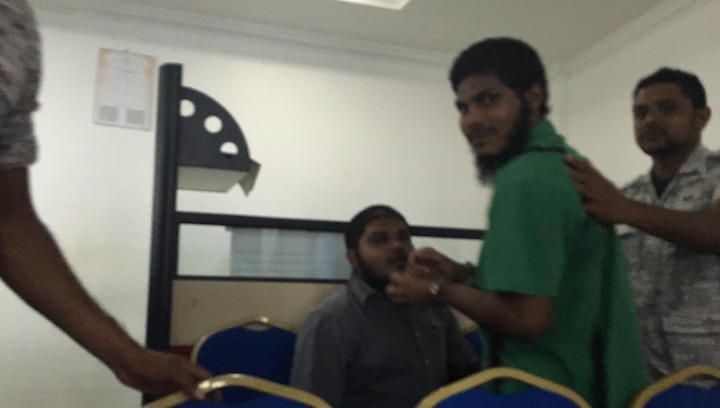Supreme court upholds death sentence for Humam
The supreme court upheld tonight the death sentence of a 22-year-old man convicted of killing a parliamentarian, rejecting a surprise last-ditch attempt by members of the victim’s family to delay the death penalty.

24 Jun 2016, 9:00 AM
The supreme court upheld tonight the death sentence of a 22-year-old man convicted of killing a parliamentarian after rejecting a surprise attempt by members of the MP’s family to delay the death penalty.
The verdict, issued at 2am on Friday, could pave the way for the Maldives’ first execution in more than half a century.
Hussain Humam Ahmed’s fate now rests with members of MP Afrasheem Ali’s family, who are empowered by law to issue a pardon.
It is unclear if the last-minute appeal by Afrasheem’s family tonight could spare Humam’s life as the court had refused to accept a letter asking it to delay the death sentence. The letter by Afrasheem’s father and brother did not retract the family’s wish for the death penalty, but only asked the court to delay it until the murder probe is completed.
Become a member
Get full access to our archive and personalise your experience.
Already a member?
Discussion
No comments yet. Be the first to share your thoughts!
No comments yet. Be the first to join the conversation!
Join the Conversation
Sign in to share your thoughts under an alias and take part in the discussion. Independent journalism thrives on open, respectful debate — your voice matters.




